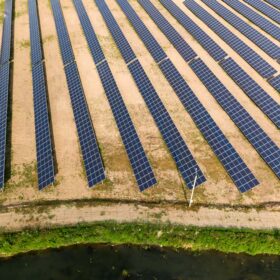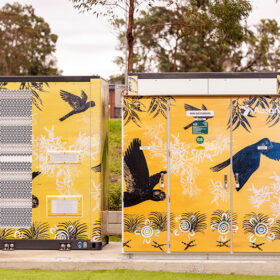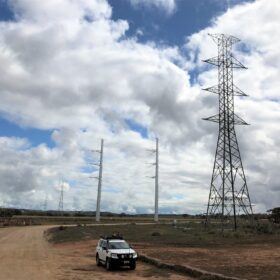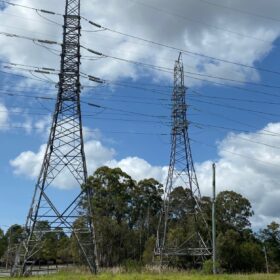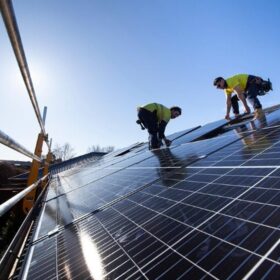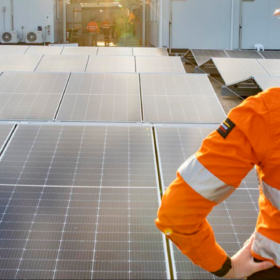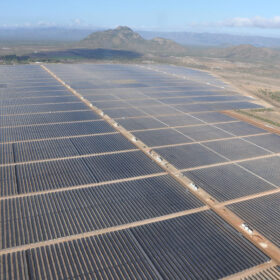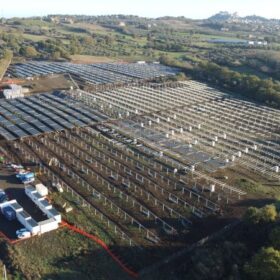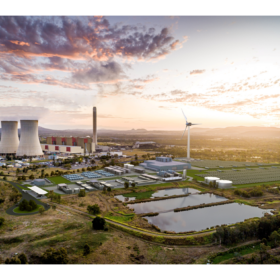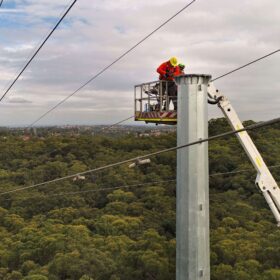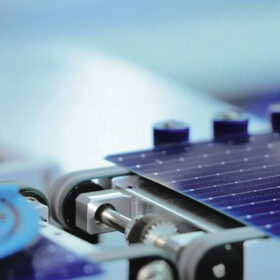Federal government rejects Queensland solar project
The Australian government has knocked back a proposed 100 MW solar farm being developed amid coal-seam gas projects dotted across the Surat Basin in Queensland’s Western Downs region.
Ausgrid backs community battery to boost network stability
New South Wales distributed network provider Ausgrid has powered up its third battery energy storage system under the federal government’s $200 million Community Batteries for Household Solar program.
AEMC aims to plug gap with ring-fencing rule for grid connections
The Australian Energy Market Commission has published a new ring-fencing rule for transmission network companies as it seeks to boost competition for grid connection services and speed up the deployment of new solar, wind and battery projects.
Neara boss says network access issues remain after budget spend
The focus of the federal government’s $22.7 billion commitment to Australia’s clean energy future has been queried with concerns raised about the capacity of the nation’s electricity network to support the shift from fossil fuel generation to renewables.
Budget tips $22.7 billion into Future Made in Australia initiative
The federal government will invest $22.7 billion in its Future Made in Australia initiative over the next decade to maximise the economic and industrial benefits of the international shift to net zero and support Australia to become a renewable energy superpower.
New rules rolled out for Victoria’s solar industry
All new solar systems and home batteries installed under Victoria’s solar and battery rebate schemes will need to be fitted with an active internet connection to support emergency backup and flexible exports under new rules to come into play later this year.
WA commits $1 billion to fast-track state’s energy transition
The West Australian government has committed more than $1 billion to drive the development of the clean energy and major industrial projects it says are required for the state to become a “global clean energy powerhouse.”
Southern states guaranteed 1.7 GW in national renewable energy tender
Tasmania and Victoria have been guaranteed a combined 1.7 GW of the 6 GW of new variable renewable energy projects the Australian government is targeting as part of what is the largest single renewables tender in the country’s history.
Sunrise briefs: Italy bans solar from agricultural land
Also on the rise: Global solar cell and module manufacturing capacity grew by about 550 GW in 2023; Malaysia launches incentive scheme for residential solar; new solar module recycling process; and more.
Queensland boosts Stanwell battery capacity to 1.2 GWh
The capacity of a battery energy storage system to be built alongside the coal-fired Stanwell power plant in central Queensland has received a “mega boost,” increasing to 1.2 GWh as the state government looks to ramp up energy storage capacity to support the transition to renewables.
